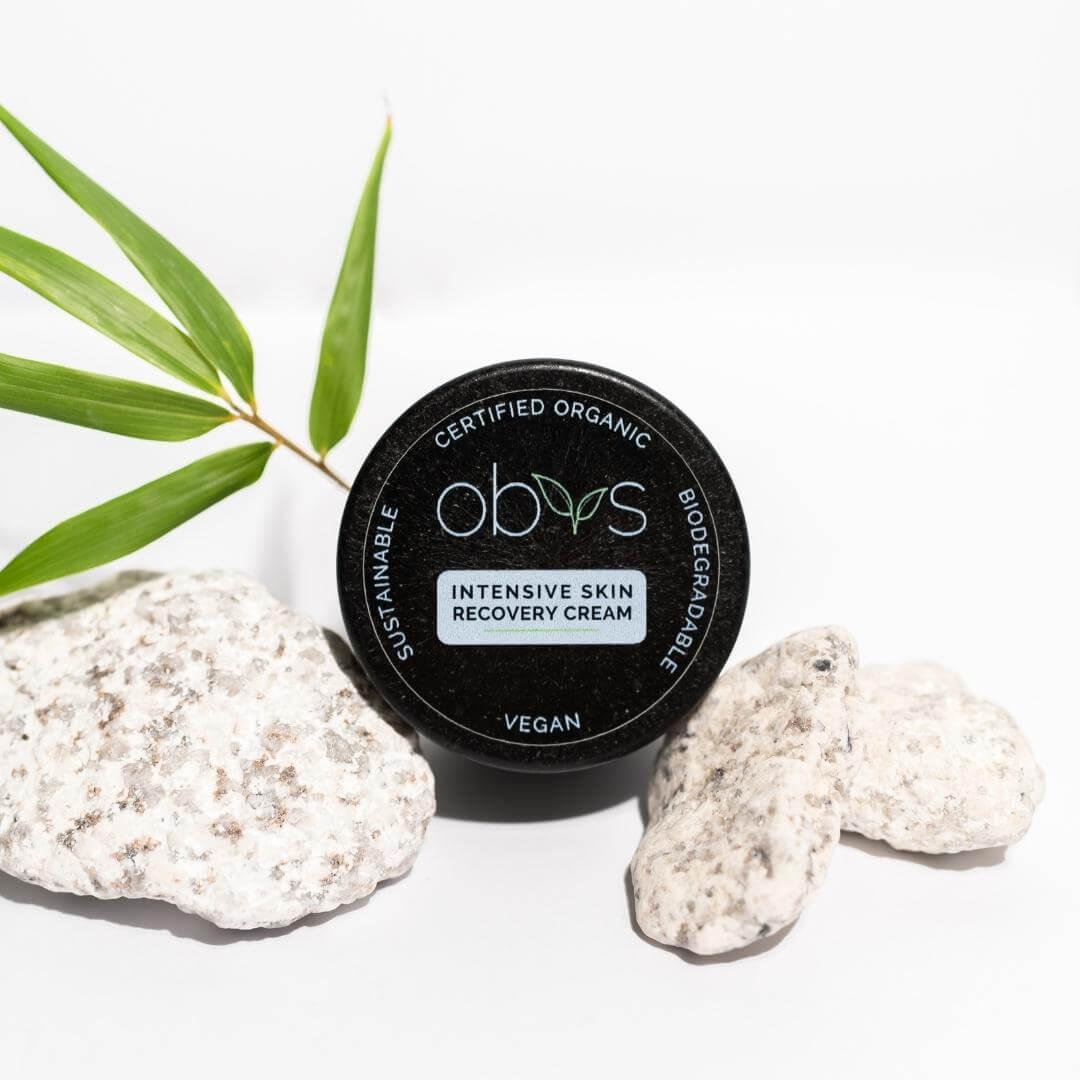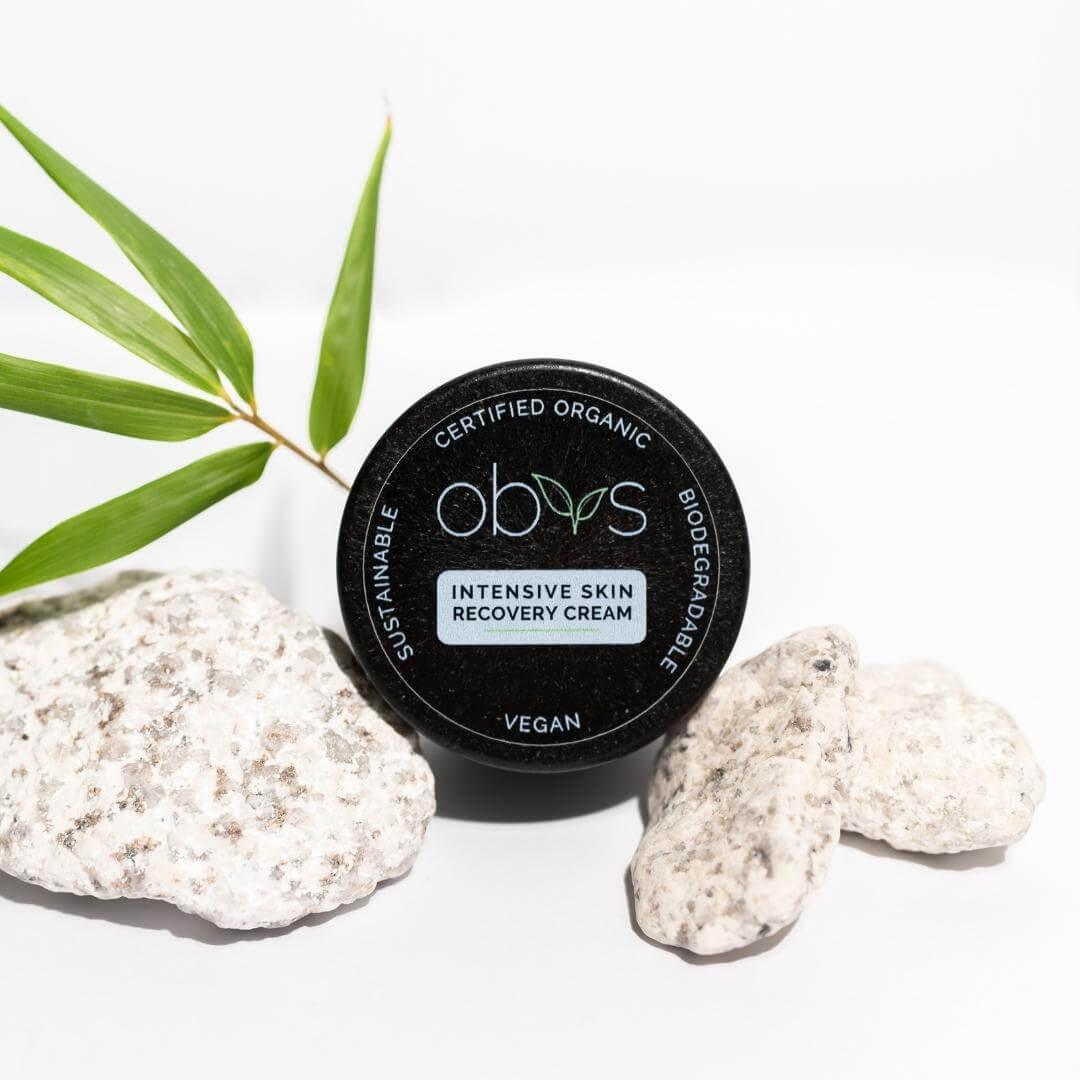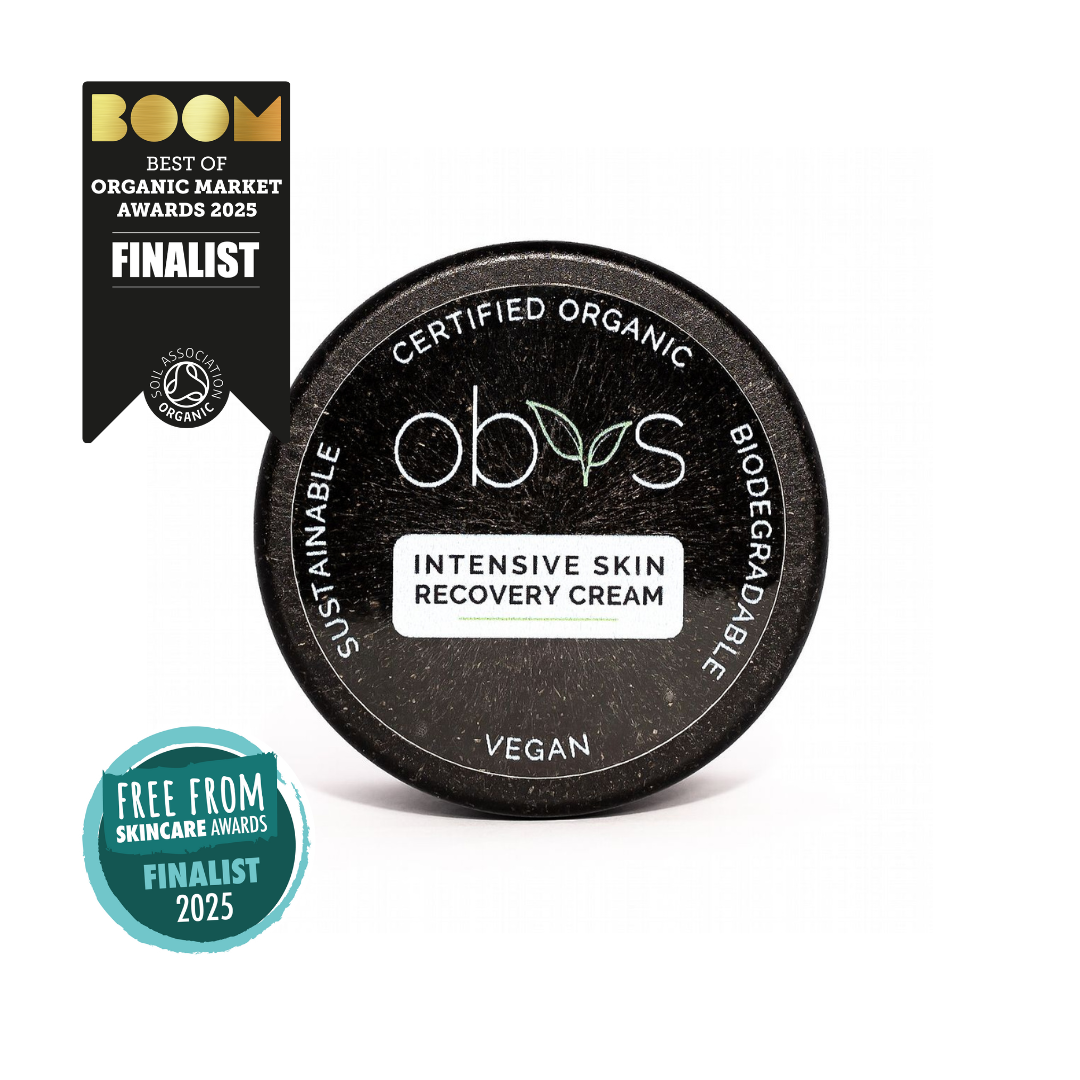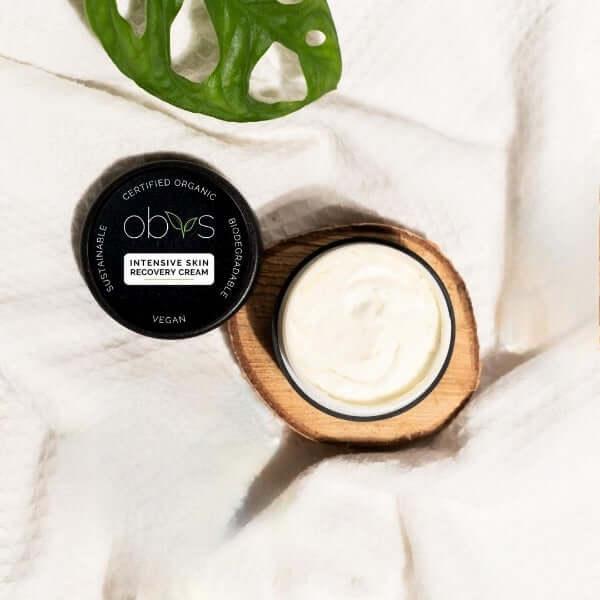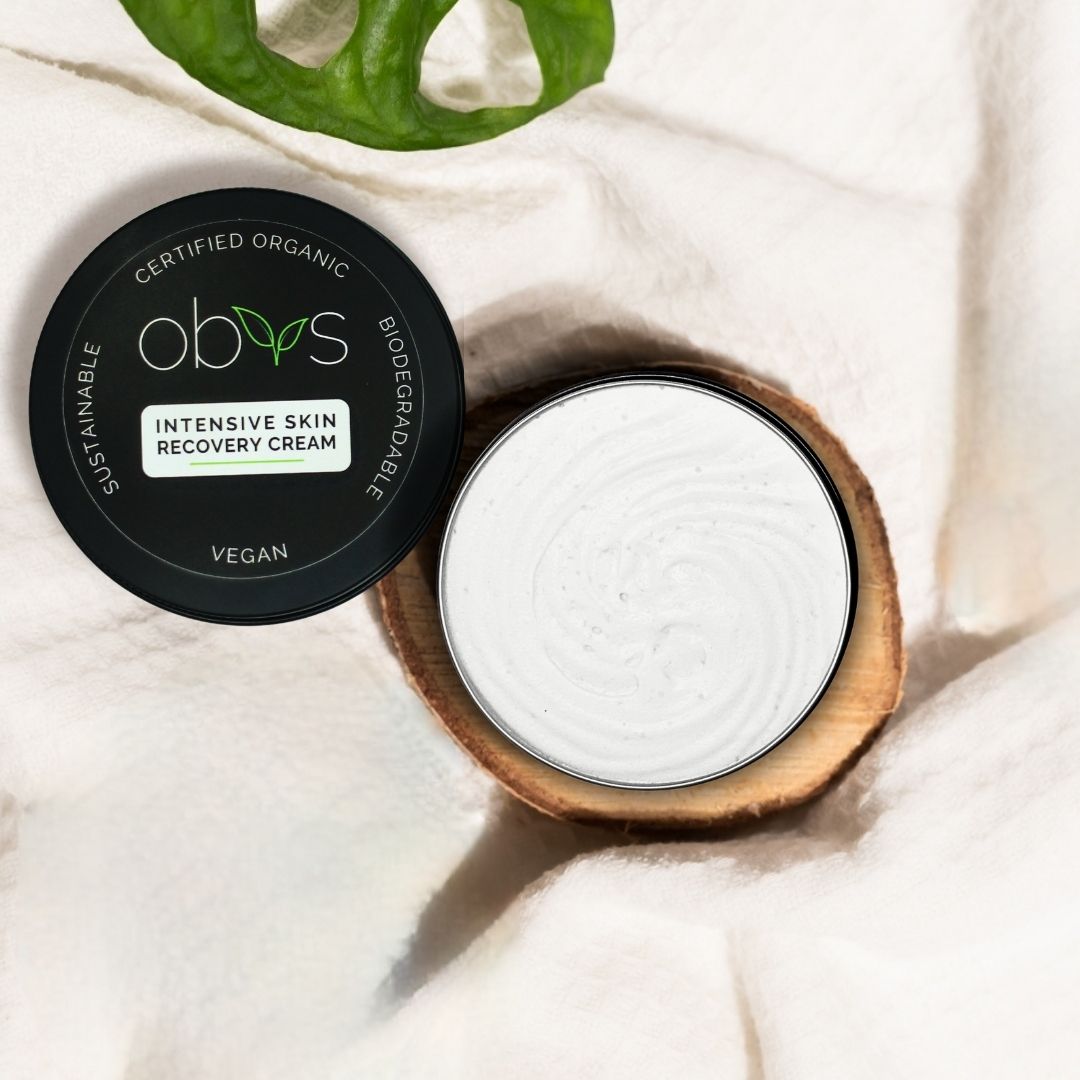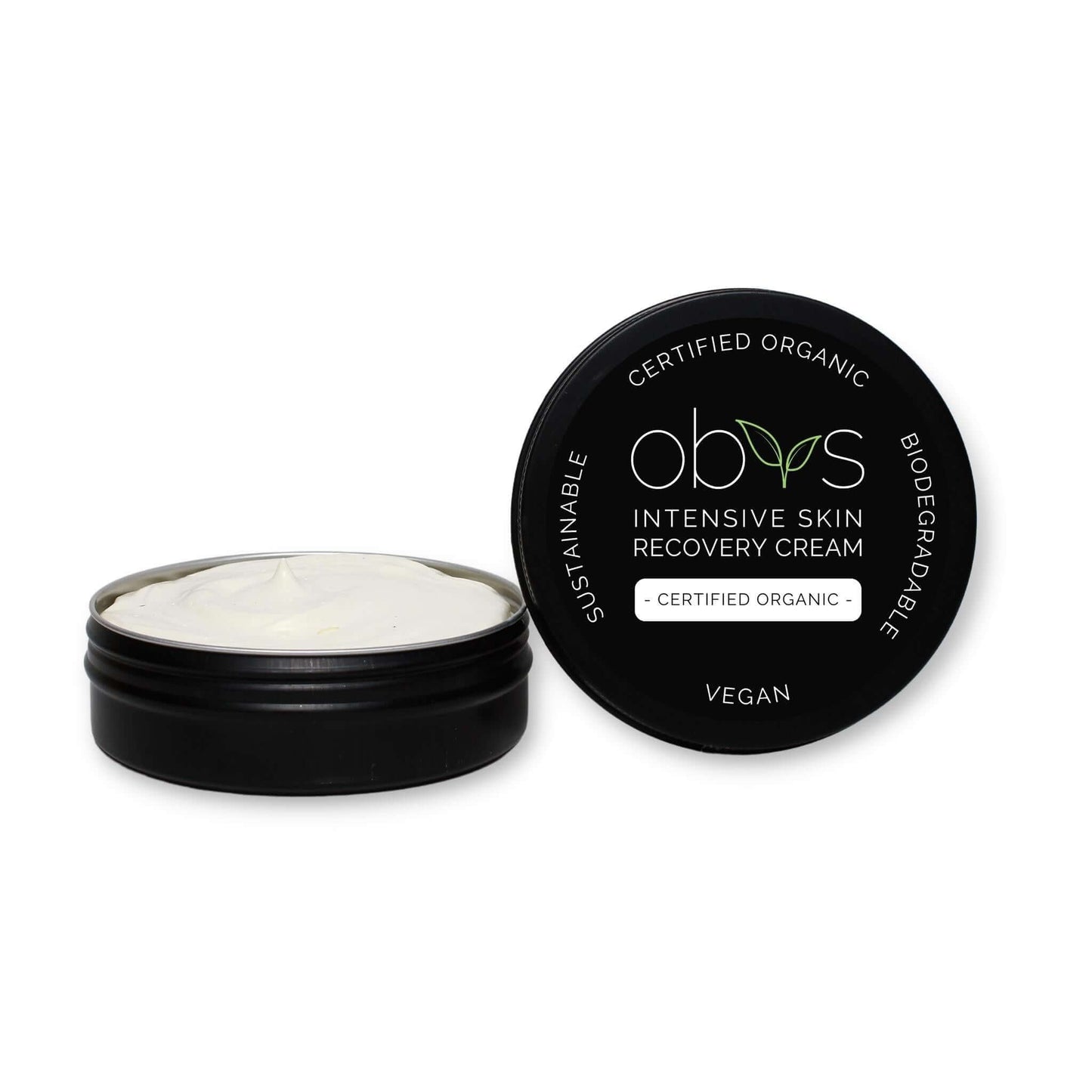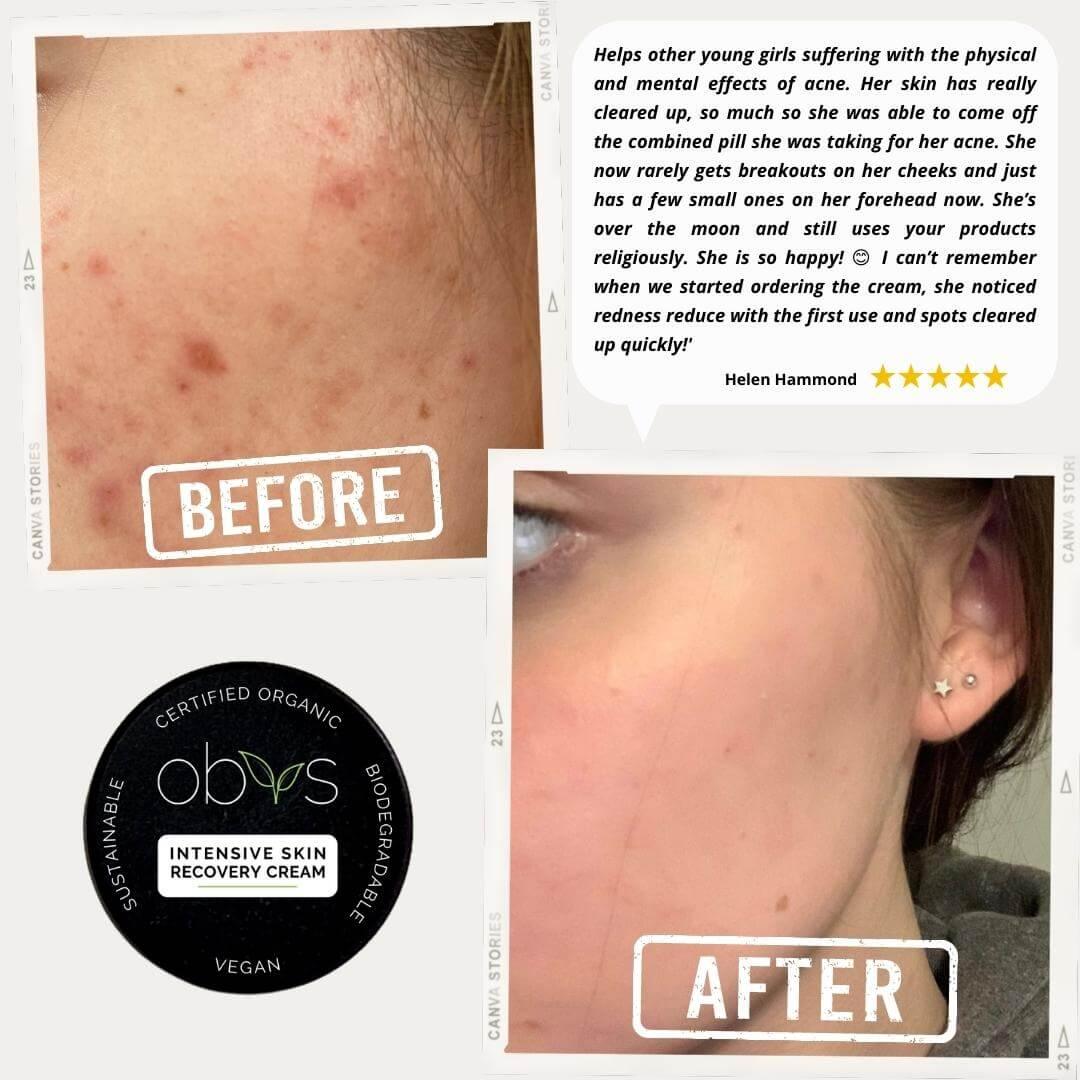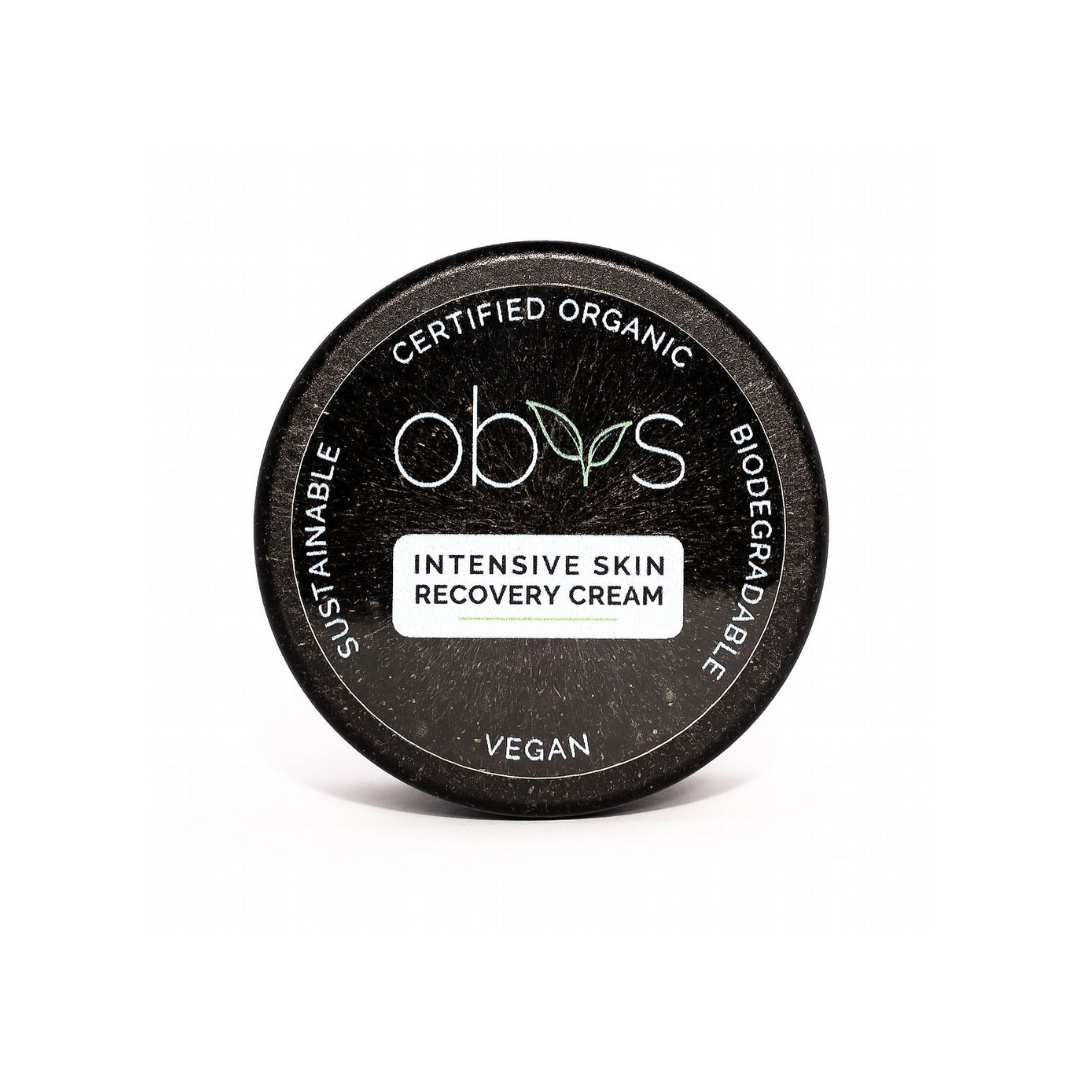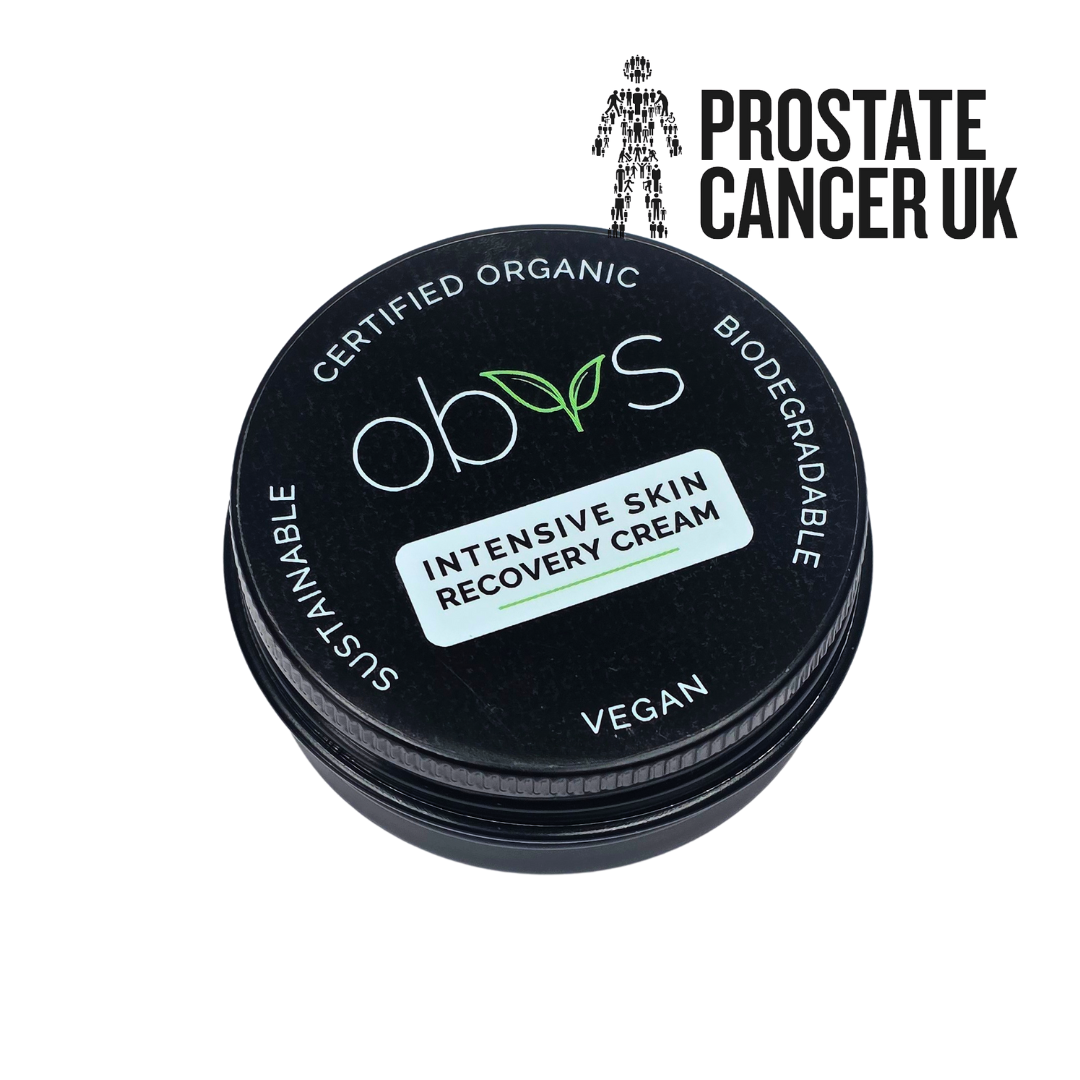
Safflower Oil vs Coconut Oil in Skincare - Who Wins?
Share
Safflower Oil: The Unsung Hero of Skincare and Haircare
Coconut oil has long been hailed as a miracle worker for hair and skin, but let's be real: it's not all it's cracked up to be. Enter safflower oil, the unsung hero of the skincare and haircare world. This lightweight, nutrient-packed oil is about to steal the spotlight.
Coconut Oil: More Hype Than Help?
While coconut oil might smell like a tropical holiday, it's not always the best choice for your skin or hair. Studies have shown that coconut oil can clog pores, leading to breakouts and blackheads. This is because it's comedogenic, meaning it blocks your pores. A study published in the Journal of Cosmetic Dermatology found that coconut oil increased the number of acne lesions in participants.
Coconut oil can also be irritating for some people, causing redness and inflammation. So, while it might be great for cooking, it's probably best to keep it out of your beauty routine.
Safflower Oil: The Lightweight Hydrator
Safflower oil, on the other hand, is a non-comedogenic dream come true. It's packed with linoleic acid, an essential fatty acid that our bodies can't produce on their own. This superstar ingredient is a key player in maintaining healthy skin and hair.
- Hydration without the Greasiness: Safflower oil absorbs quickly into the skin without leaving a greasy residue. It's perfect for all skin types, even oily and acne-prone skin.
- Fights Inflammation: Studies have shown that linoleic acid has anti-inflammatory properties, making safflower oil a great choice for conditions like eczema and psoriasis. A study published in the Journal of Dermatological Science found that safflower oil reduced inflammation and improved skin barrier function.
- Promotes Hair Growth: While more research is needed, some studies suggest that safflower oil may stimulate hair growth. Its ability to nourish the scalp and hair follicles creates a healthy environment for hair to thrive.
Coconut Oil in Soaps: The Surprising Benefits
Despite its drawbacks in skincare and haircare, coconut oil has its place, particularly in soap making. Coconut oil is prized in soap formulations for several reasons:
- Excellent Cleansing Properties: Coconut oil creates a rich lather that effectively removes dirt and impurities from the skin.
- Moisturising Benefits: It helps retain moisture, preventing the skin from becoming dry after washing.
- Antimicrobial Qualities: Coconut oil contains lauric acid, known for its antimicrobial properties, which can help keep the skin clean and free from harmful bacteria.
The Saponification Process: Transforming Coconut Oil in Soap Making
During the soap-making process, coconut oil undergoes saponification, a chemical reaction that transforms fats and oils into soap and glycerin. Here's how it works:
- Chemical Reaction: When coconut oil is mixed with a strong alkali, such as sodium hydroxide (lye), a chemical reaction occurs. The triglycerides in the coconut oil react with the lye to form soap and glycerin.
- Formation of Soap Molecules: The fatty acids in coconut oil combine with the sodium ions from the lye to form soap molecules. These molecules have a hydrophilic (water-attracting) head and a hydrophobic (water-repelling) tail, allowing them to effectively clean and emulsify oils and dirt.
- Glycerin Production: Glycerin, a natural humectant, is a byproduct of the saponification process. It helps to attract and retain moisture, adding an extra layer of hydration to the soap.
Through saponification, the properties of coconut oil are altered, reducing its comedogenic potential while enhancing its cleansing and moisturising benefits. This makes it an excellent ingredient in soap, even for those who might find it problematic in other skincare applications.
Obvs Skincare: The Safflower Oil Saviors
At Obvs Skincare, we believe in using nature's best ingredients to create products that truly work. That's why we've ditched the coconut oil in our balms and moisturisers and embraced the power of organic safflower oil. Our products are designed to nourish and protect your skin without clogging pores or causing irritation.
However, recognising the unique benefits of coconut oil in soaps, we've harnessed its strengths in our organic soap formulations. Our soaps combine the cleansing power of coconut oil with the nourishing qualities of other beneficial oils, creating a balanced product that cleanses without stripping your skin of its natural oils.
So, why settle for coconut oil alone when you can enjoy the combined benefits of safflower oil in your skincare routine and the cleansing properties of coconut oil in your soaps? Make the switch and experience the difference for yourself. Your skin and hair will thank you.
Have you made the switch to safflower oil? Share your experience in the comments below!
Relevant Links:
- Journal of Cosmetic Dermatology Study on Coconut Oil
- Journal of Dermatological Science Study on Safflower Oil
- Obvs Skincare Products
safflower oil, coconut oil, skincare, haircare, acne, eczema, psoriasis, hydration, linoleic acid, Obvs Skincare, organic soaps, saponification

